The Singapore Botanic Gardens is located about 20km from the city center of Singapore. This site was approved for construction by the Singapore Agricultural and Horticultural Society in 1859 with an area of up to 82 hectares, becoming the largest botanical garden in the world. (Source: National Parks Board) |
This massive garden is home to more than 10,000 species of plants and a large number of reptiles and creatures. In 2015, it was recognized as a UNESCO World Heritage Site. (Source: National Parks Board) |
In addition to being a popular recreational spot for outdoor activities such as exercise and picnics, this vast area is also a world-leading center for botanical and horticultural research. (Source: Unesco) |
The highlight here is the National Orchid Garden, known as the world's largest orchid garden, displaying more than 60,000 plants, including more than 1,200 natural orchid species and 2,000 hybrid orchid species. This is where the orchid naming ceremony is held - a diplomatic ceremony that Singapore only reserves for special high-ranking guests visiting the country. The names of many high-ranking world leaders, including Vietnam, have been used to name new orchid species, typically the flower "Papilionanda To Lam Linh Ly", named after General Secretary To Lam and his wife Ngo Phuong Ly. (Source: National Parks Board) |
General Secretary To Lam and his wife, along with Singaporean Prime Minister Lawrence Wong, attended the naming ceremony of the orchid “Papilionanda To Lam Linh Ly” during his visit to Singapore on March 12. (Photo: Tuan Anh) |
The National Orchid Garden is currently the largest place in the world to display tropical orchids. In particular, the garden is uniquely designed when arranging orchids with different colors according to the seasons of the year. In the photo: Phalaenopsis philippinensis orchids grown in the upgraded Tan Hoon Siang fog house simulating an ancient tropical garden at an altitude of 650-1,000m. (Source: Wikipedia) |
The SBG Heritage Museum hosts interactive and multimedia exhibits, with panels detailing the Garden’s rich heritage, and the CDL Green Gallery features botanical artifacts and exhibits. (Source: National Parks Board) |
The Ginger Garden is home to about 250 species of plants of the same family, divided into different areas. Each area will revolve around a separate theme such as beauty, uses or origin. When exploring this attraction, don't miss the opportunity to learn more about Tembusu (Cyrtophyllum fragrans) - a special tree in the Lion Island. At over 150 years old, Tembusu was selected by Singapore as a National Heritage Tree in August 2022. (Source: Wikipedia) |
Children will love Jacob Ballas Children’s Garden, where they can play and learn all about plant life. The games are designed around the theme “All life on Earth depends on plants”, helping children get closer to the natural world. A variety of restaurants and cafes are ready to serve guests after a day of fun in the sun. Pictured: Map of Jacob Ballas Children’s Garden. (Source: Tripadvisor) |
The Rainforest model is located in the Singapore Botanic Gardens and grows many species of plants typical of the hot and humid tropical climate. Inside are winding paths that allow you to easily visit and explore. (Source: National Parks Board) |
The 3.5-acre Evolution Garden at the center tells the story of how plants brought life to the planet long before humans. In this area, real and replica plants are arranged according to each stage of Earth's history, telling a story of millions of years of natural evolution. Pictured: Replica of ancient Lepidodendron at the Evolution Garden. (Source: National Parks Board) |
Swan Lake, named after the world-famous ballet, is a very poetic place, especially for couples when visiting the Singapore Botanic Gardens. Swan Lake includes many diverse aquatic plants and is home to many species of fish. Not only that, the lake is also home to a pair of white swans imported from Amsterdam, Netherlands. (Source: National Parks Board) |
Besides Swan Lake, The Bandstand is also one of the symbols of the Botanic Gardens. The Bandstand is designed as a gazebo, which was once used for musical performances. In addition to the gardens above, there are many other attractive areas for visitors to explore. The Singapore Botanic Gardens is an ideal destination to enjoy relaxing and peaceful moments with nature and flowers in the middle of a vibrant Singapore. (Source: National Parks Board |
Source: https://baoquocte.vn/vuon-thuc-vat-singapore-la-phoi-xanh-hon-100-nam-tuoi-cua-dao-quoc-su-tu-307153.html


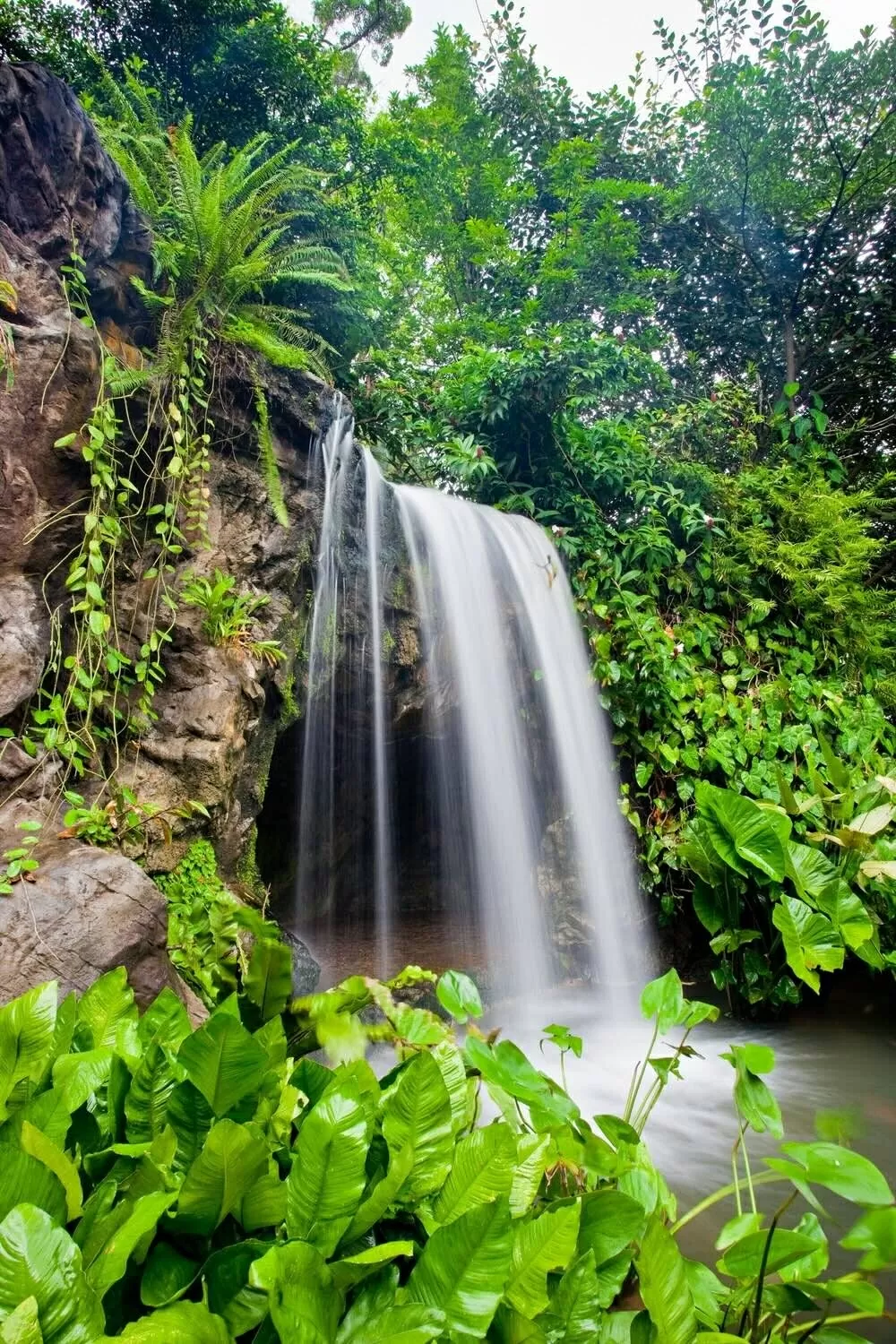
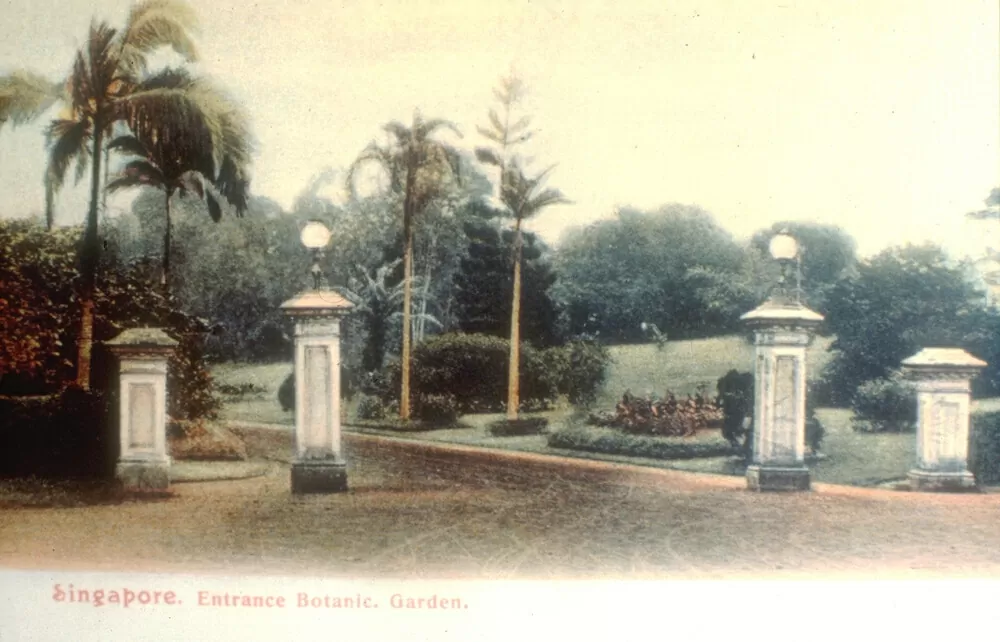
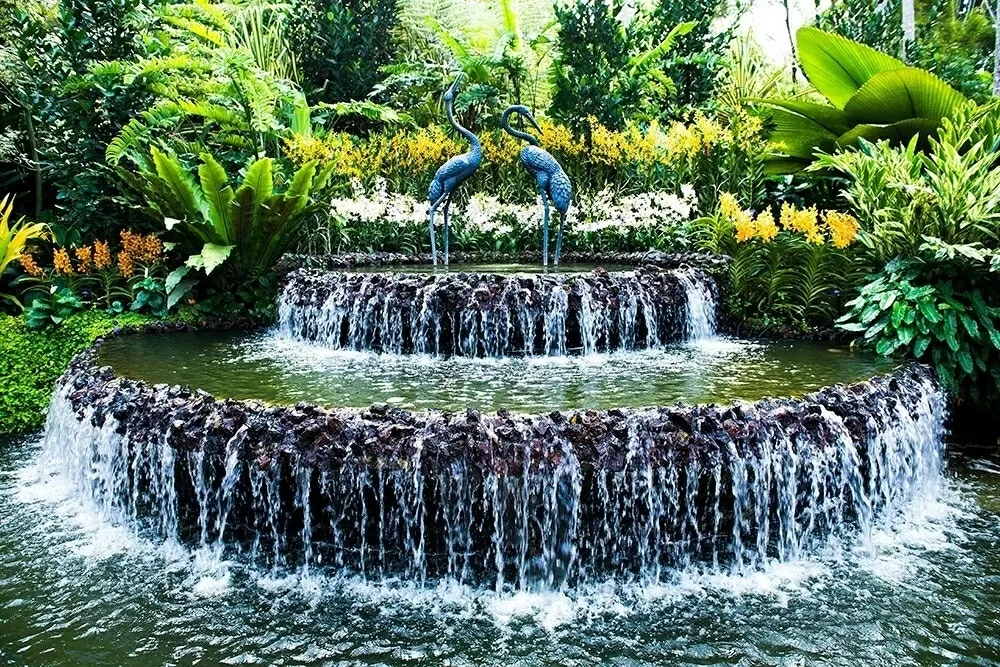
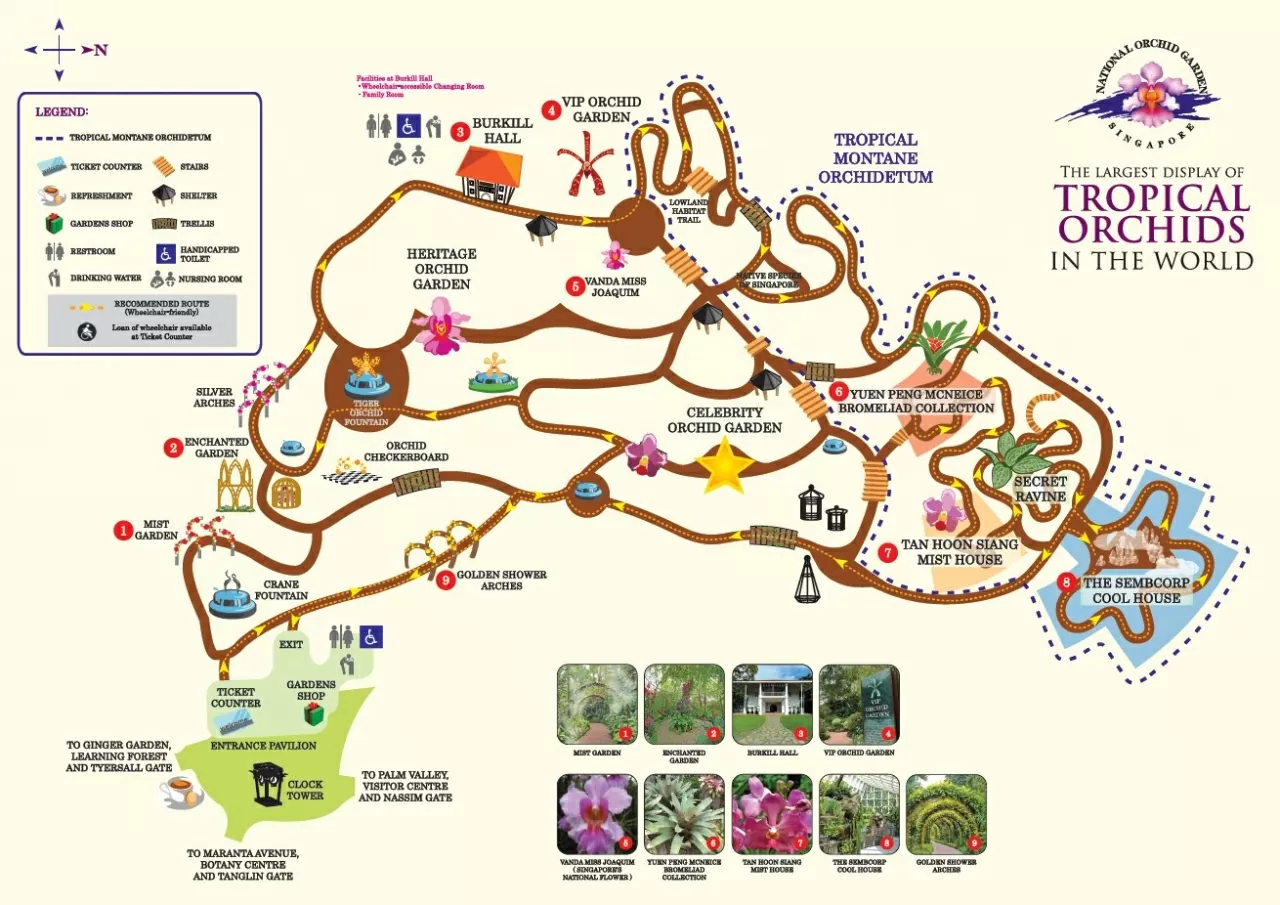
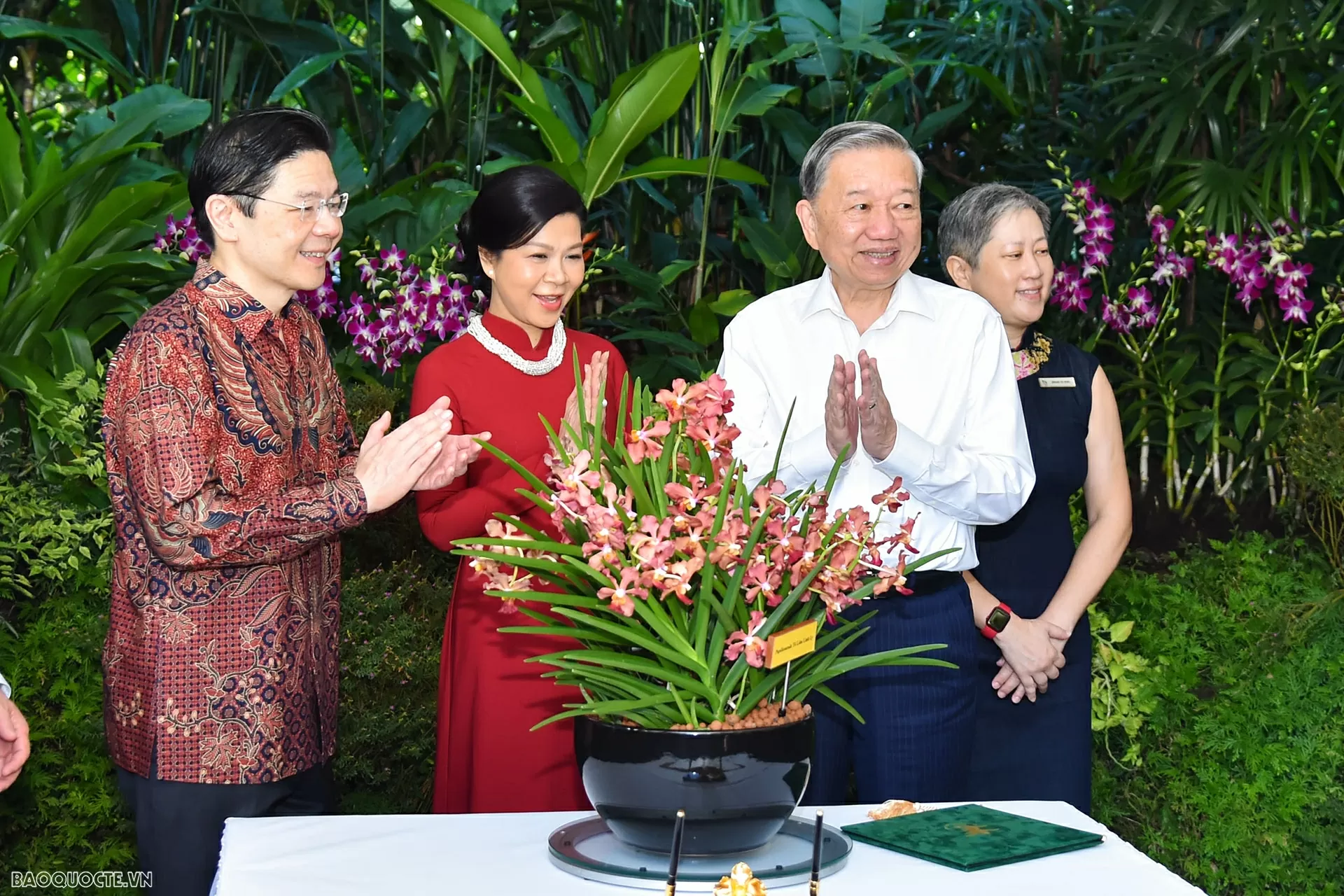
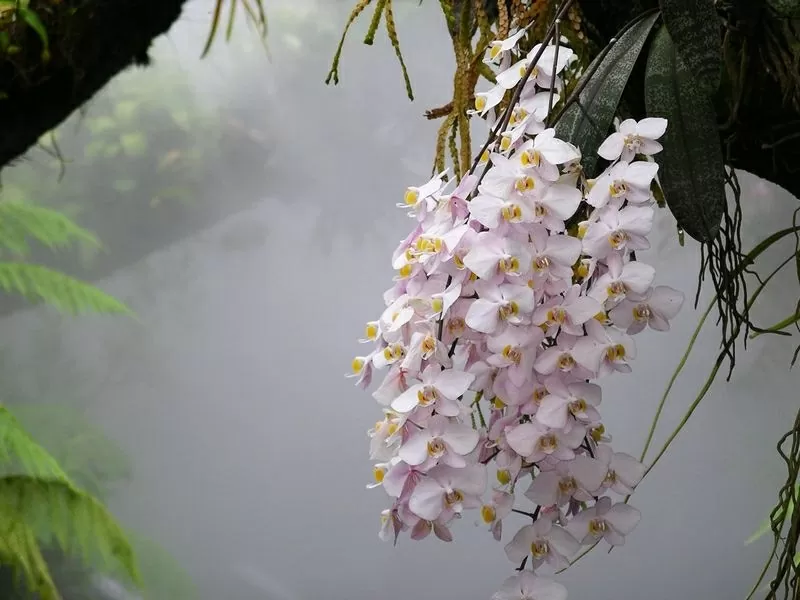
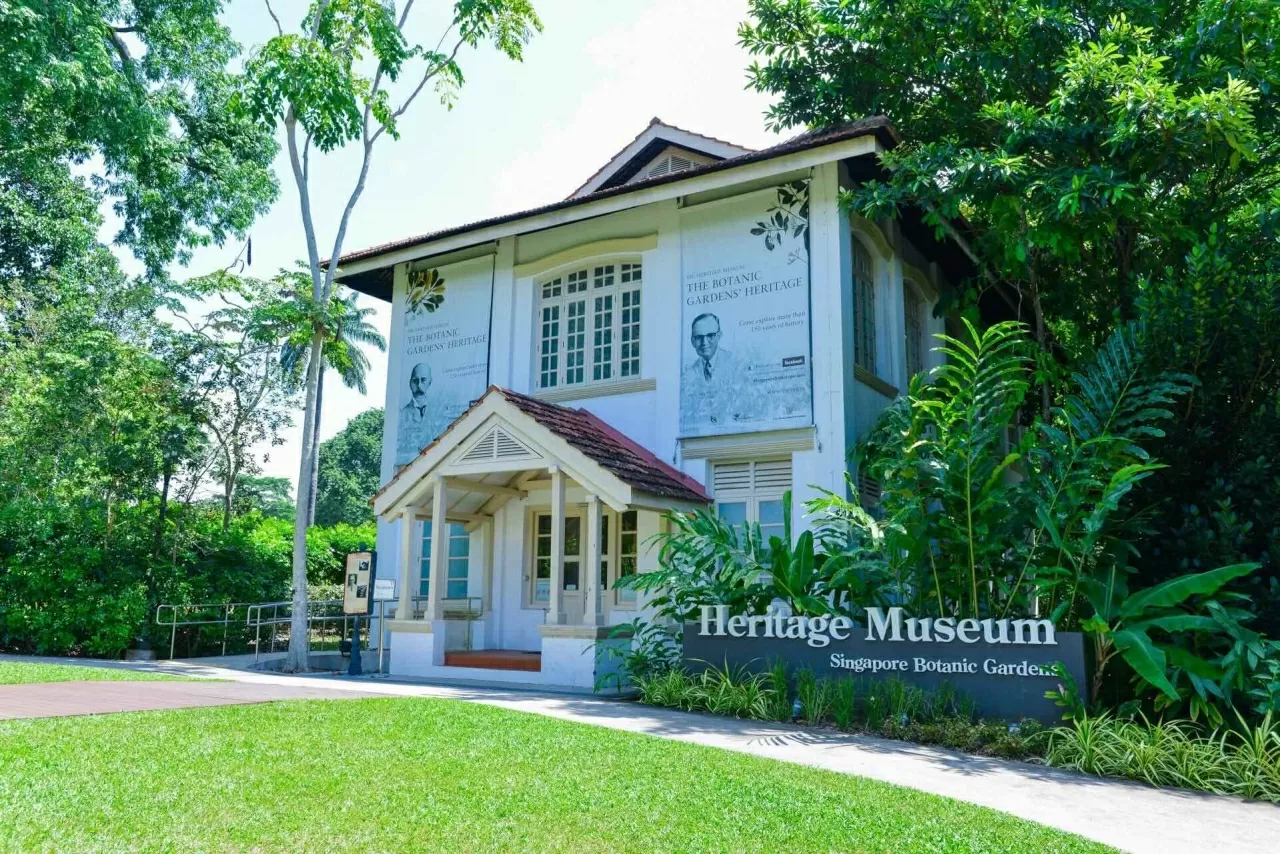
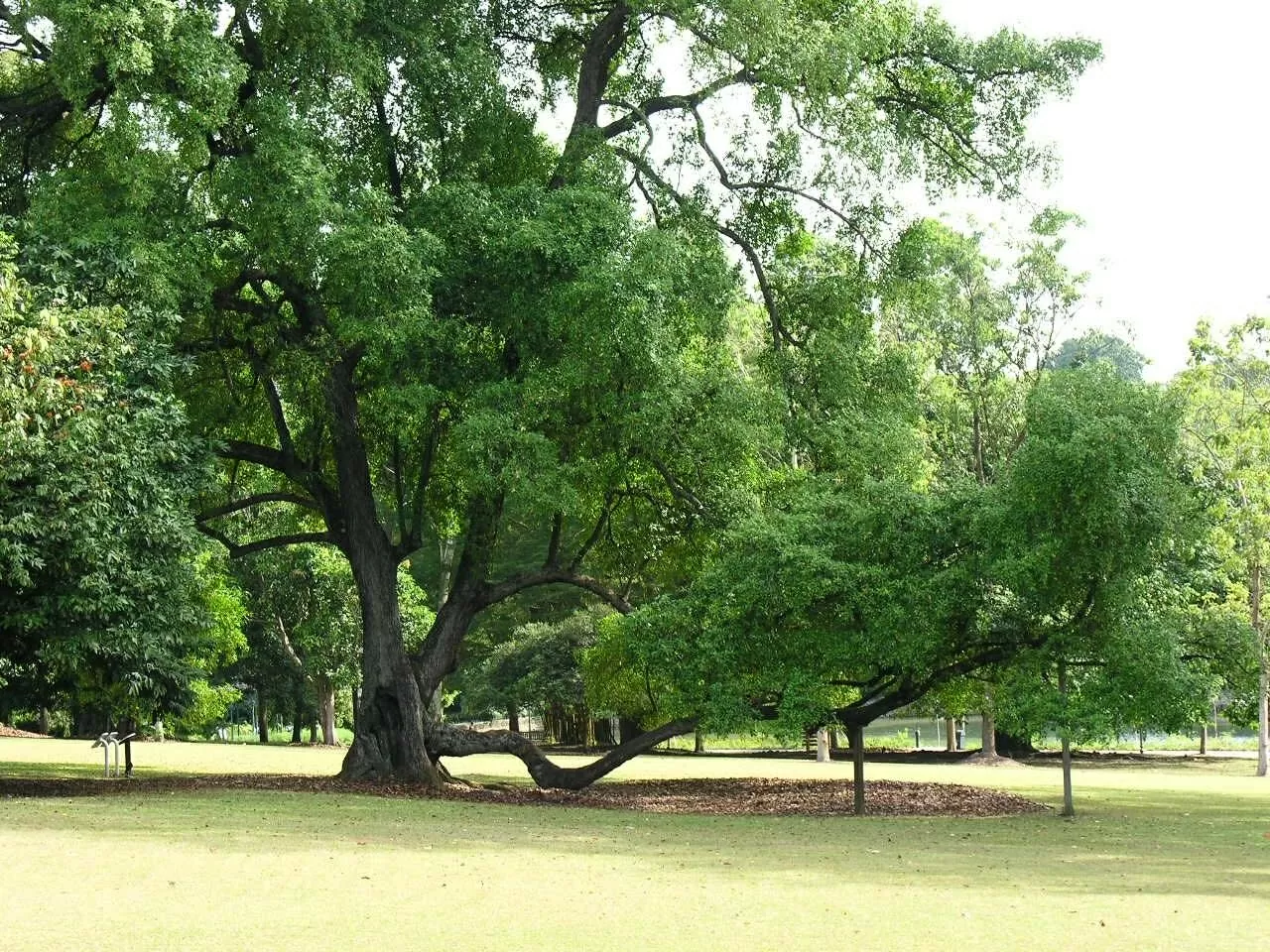
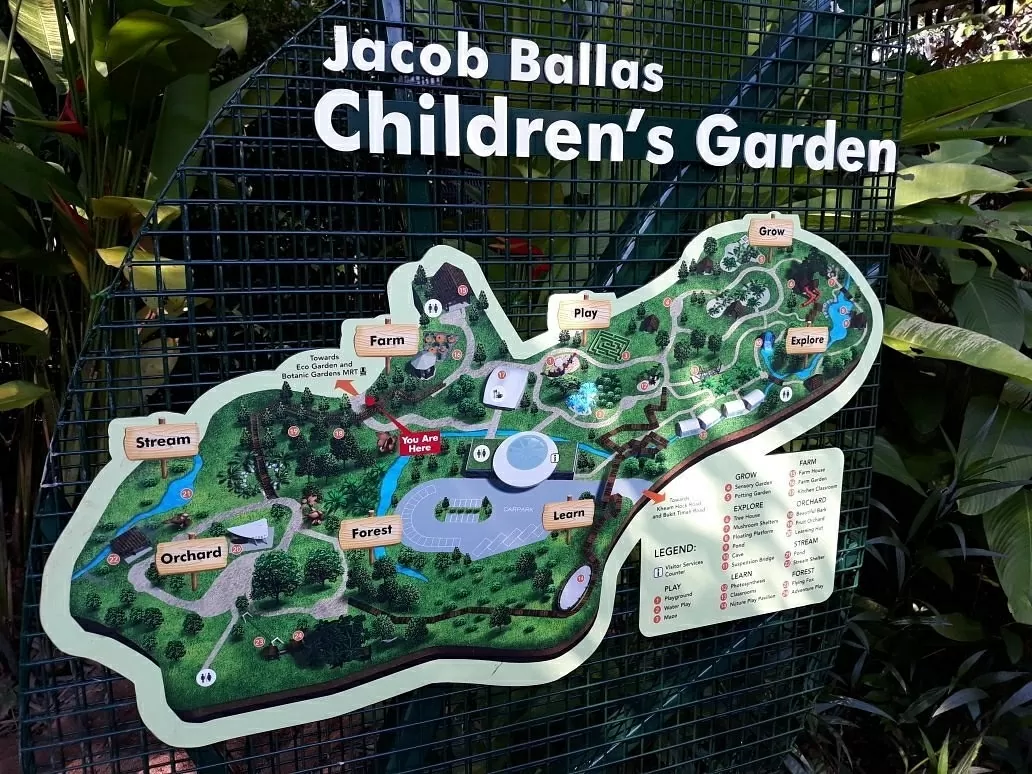
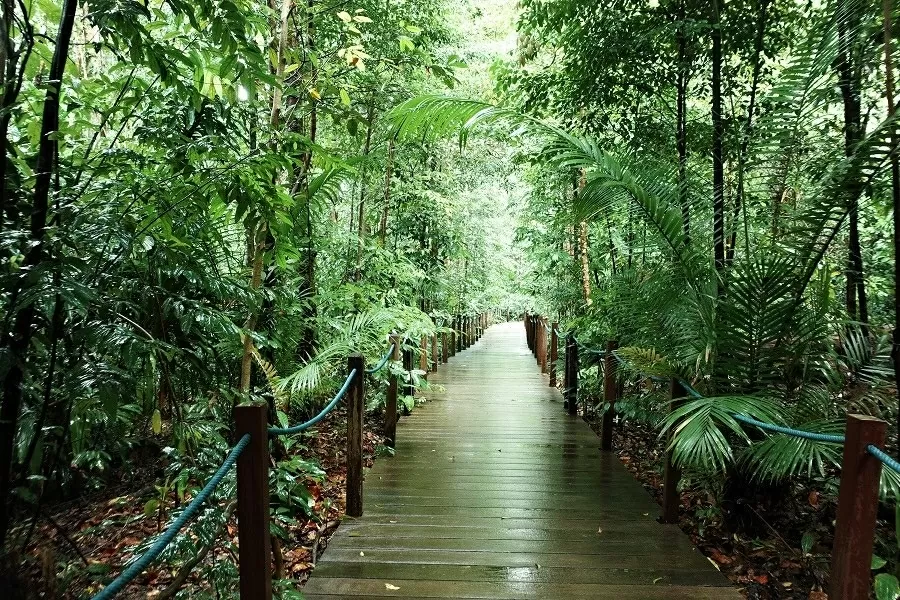
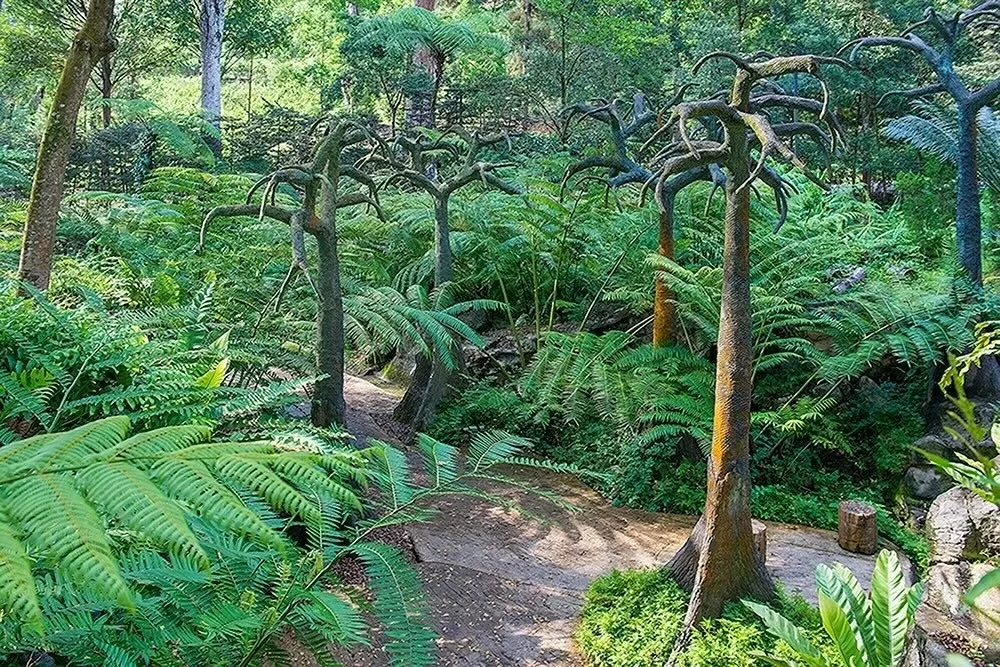
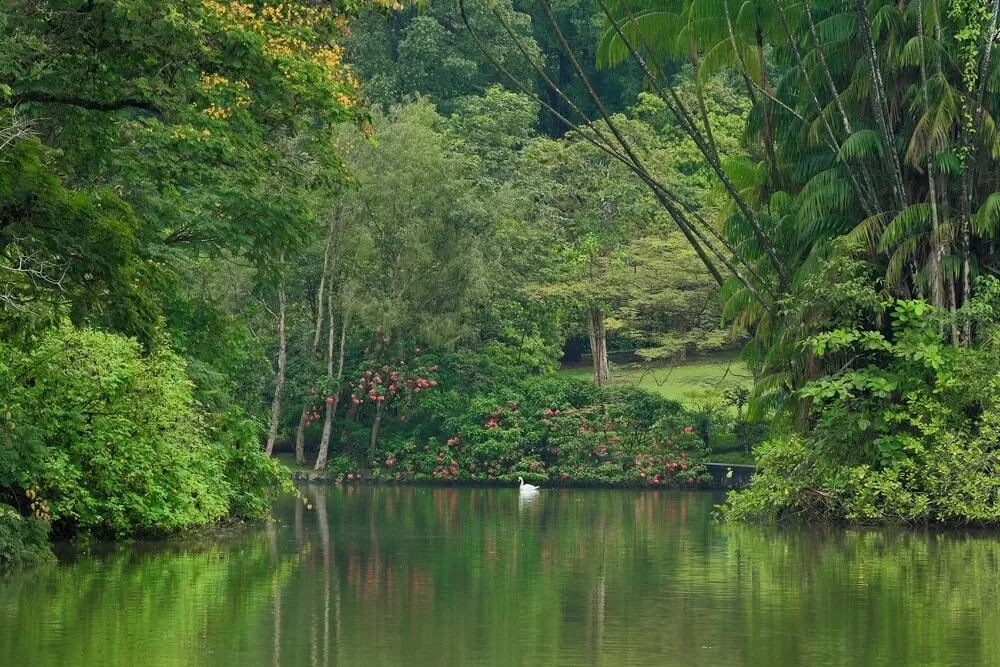
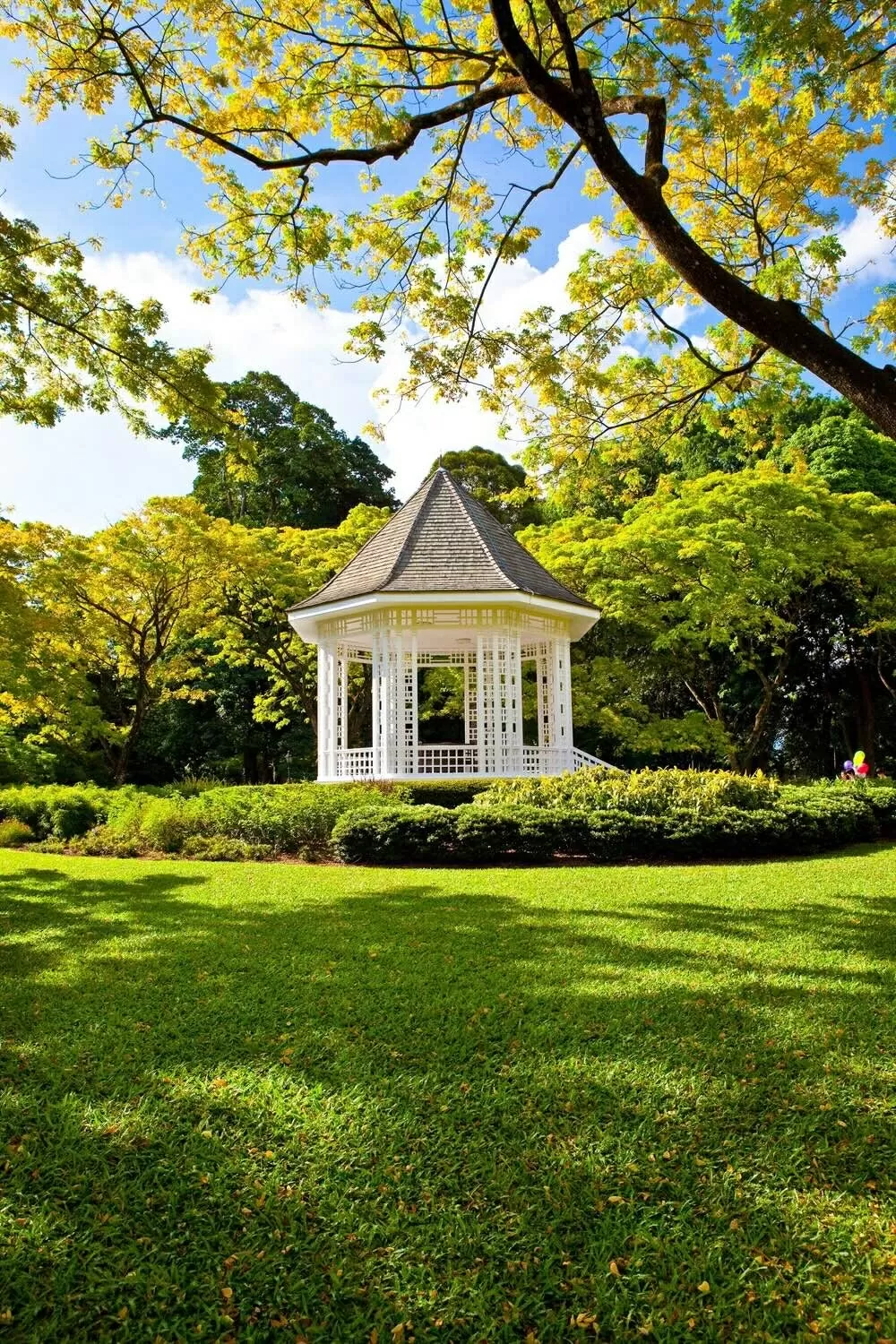
![[Photo] Party and State leaders attend the special art program "You are Ho Chi Minh"](https://vphoto.vietnam.vn/thumb/1200x675/vietnam/resource/IMAGE/2025/5/18/6895913f94fd4c51aa4564ab14c3f250)



![[Photo] Ready for the top competitions of Vietnamese table tennis](https://vphoto.vietnam.vn/thumb/1200x675/vietnam/resource/IMAGE/2025/5/18/9c547c497c5a4ade8f98c8e7d44f5a41)
![[Photo] Many young people patiently lined up under the hot sun to receive a special supplement from Nhan Dan Newspaper.](https://vphoto.vietnam.vn/thumb/1200x675/vietnam/resource/IMAGE/2025/5/18/6f19d322f9364f0ebb6fbfe9377842d3)


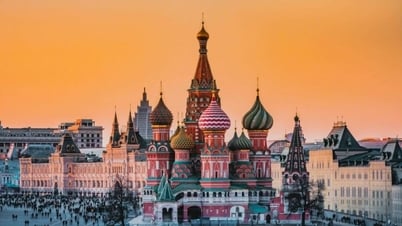
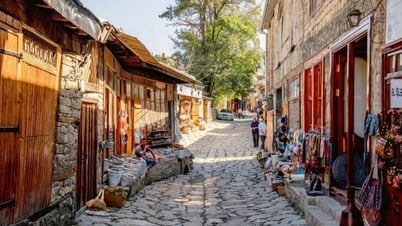


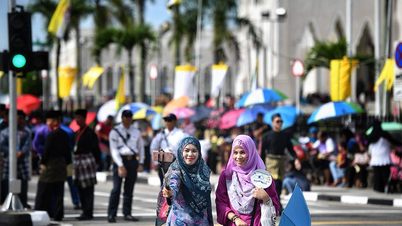

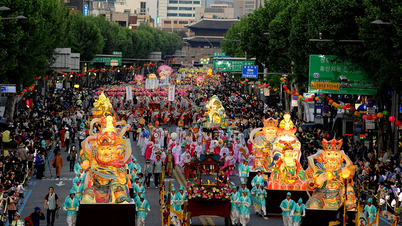

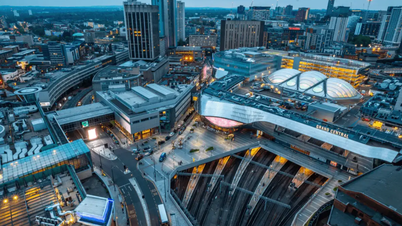
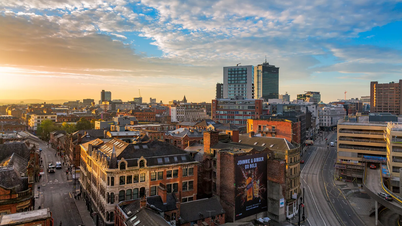
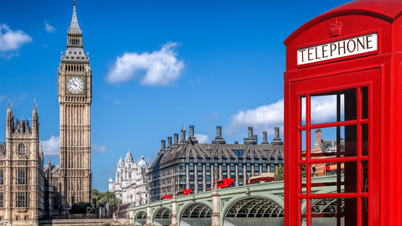





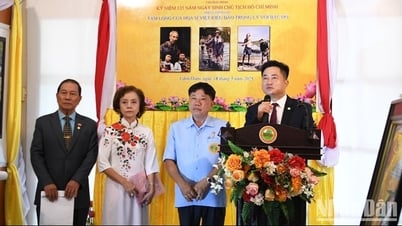
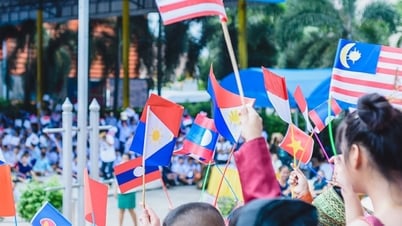




















































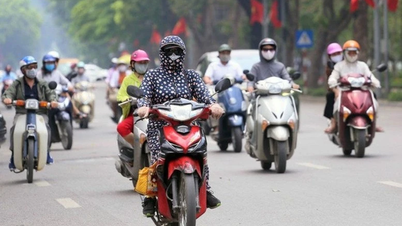

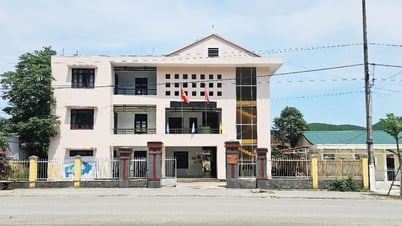

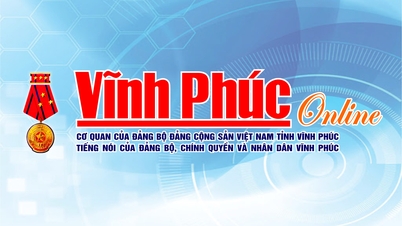


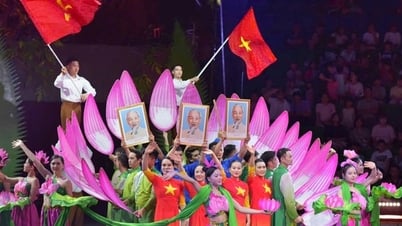










Comment (0)